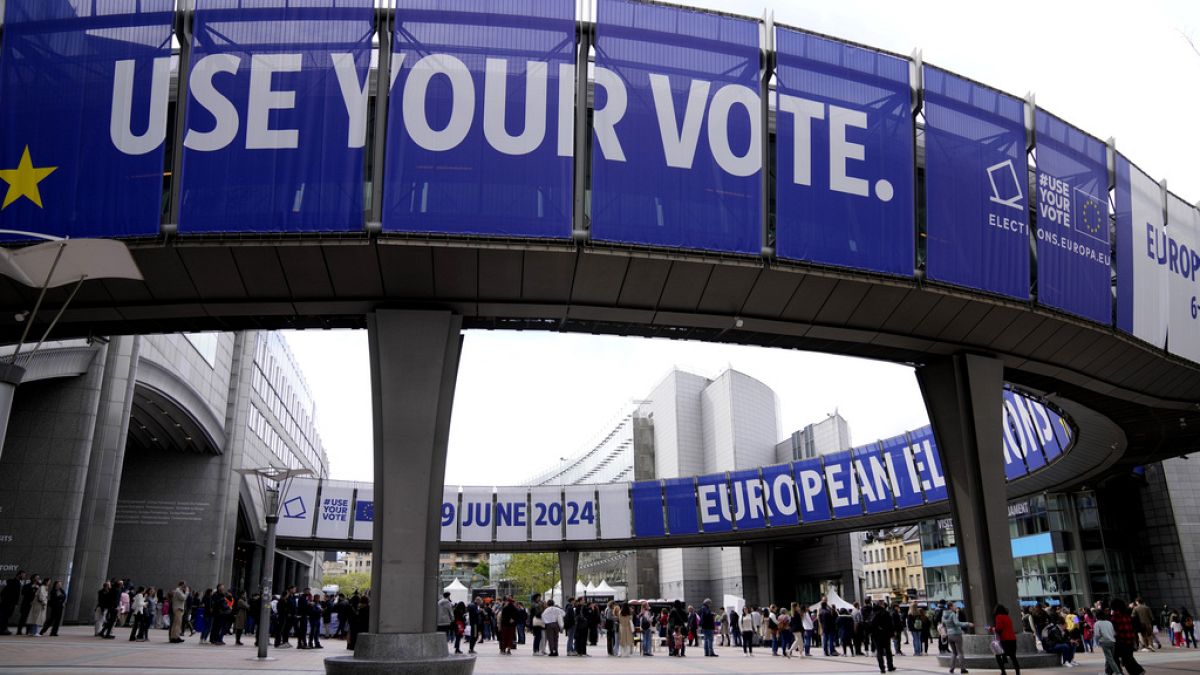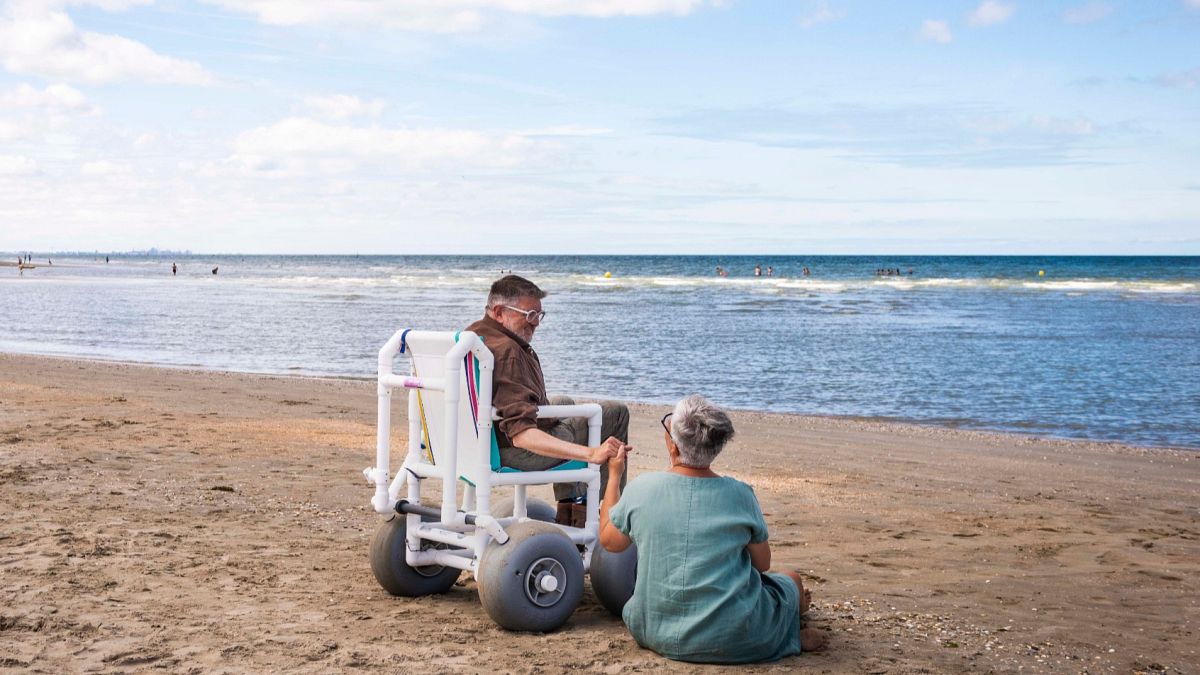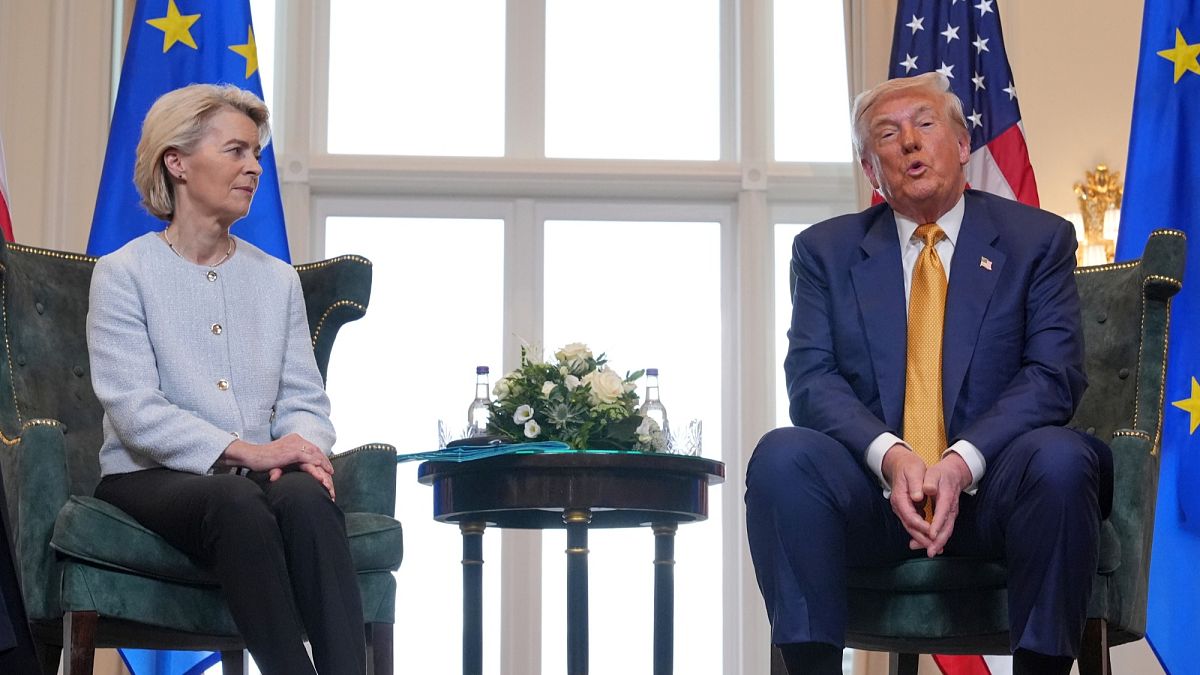Young Portuguese men vote five times more for the far right than girls. The conclusion, presented in a report by the European Policy Centre, reflects a growing trend that marks a gender divide among European youth when it comes to politics – men are oriented towards far-right ideals, while women lean towards progressive movements.
In Portugal, in the youth population, every female vote for a far-right party is matched by 4.9 male votes. This is the second highest figure in the European Union, behind only Croatia (6.0), and ahead of countries like Spain (4.6), Denmark (4.4) and Finland (4.2). The pattern was found in the votes for the last European elections in 2024.
The cause of this gender disparity in young people’s voting behaviour may lie in the economy.
“The rise in anti-feminism among young men is not just a reaction to feminism, but also the result of growing precariousness – especially among working men who don’t have a university degree,” notes Javier Carbonell, author of the study, emphasising that younger men have less access to employment.
Job opportunities, he stresses, “have been increasing among women under 24 for decades, while they have been decreasing for men”.
Due to the decline “in terms of income, wealth, employment, purchasing power, educational attainment and mental health”, European men under 25 are being attracted to the “traditional vision of masculinity” advocated by far-right parties, which “have successfully capitalised on the frustration associated with the loss of a stable job and financial independence – traditional markers of masculinity”, explains Carbonell.
The study warns that “this gender gap threatens not only gender equality, but also the foundations of democratic support itself, since radicalised young men often show a weaker commitment to democratic norms”.













